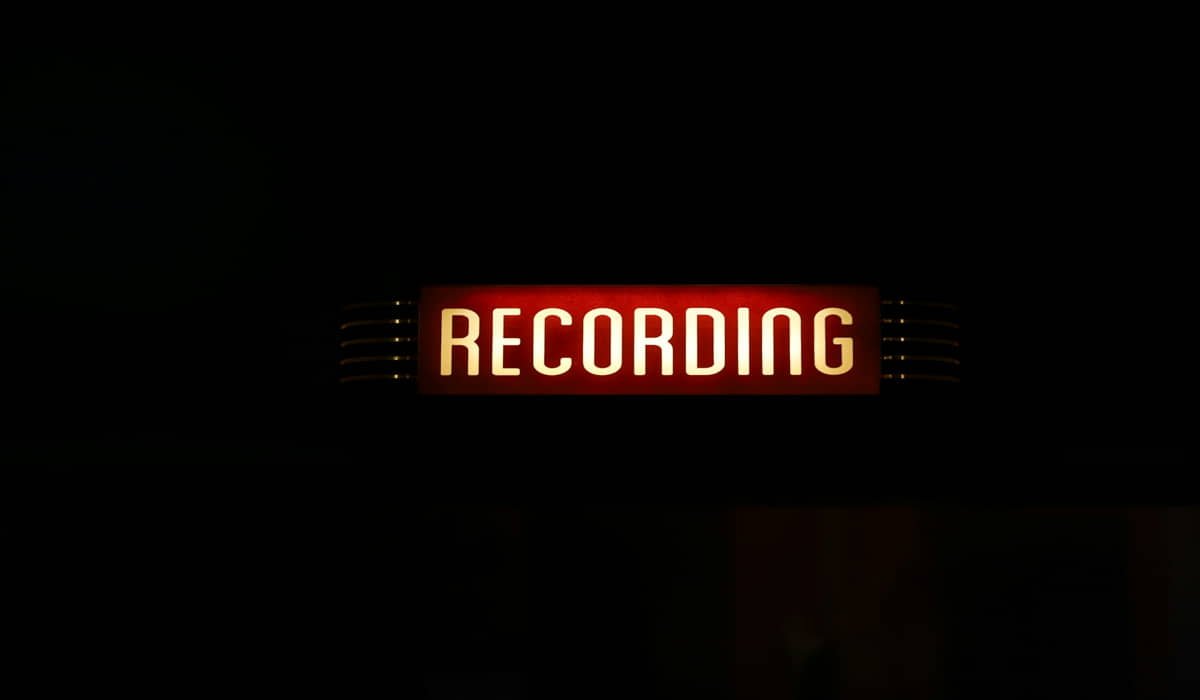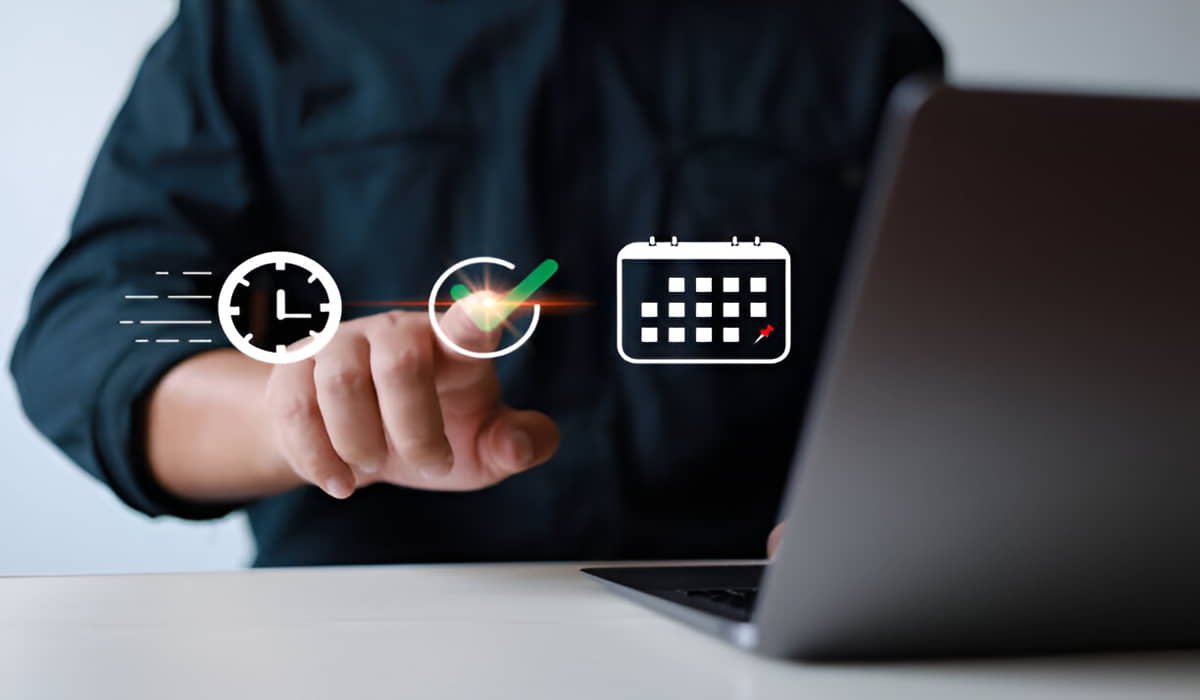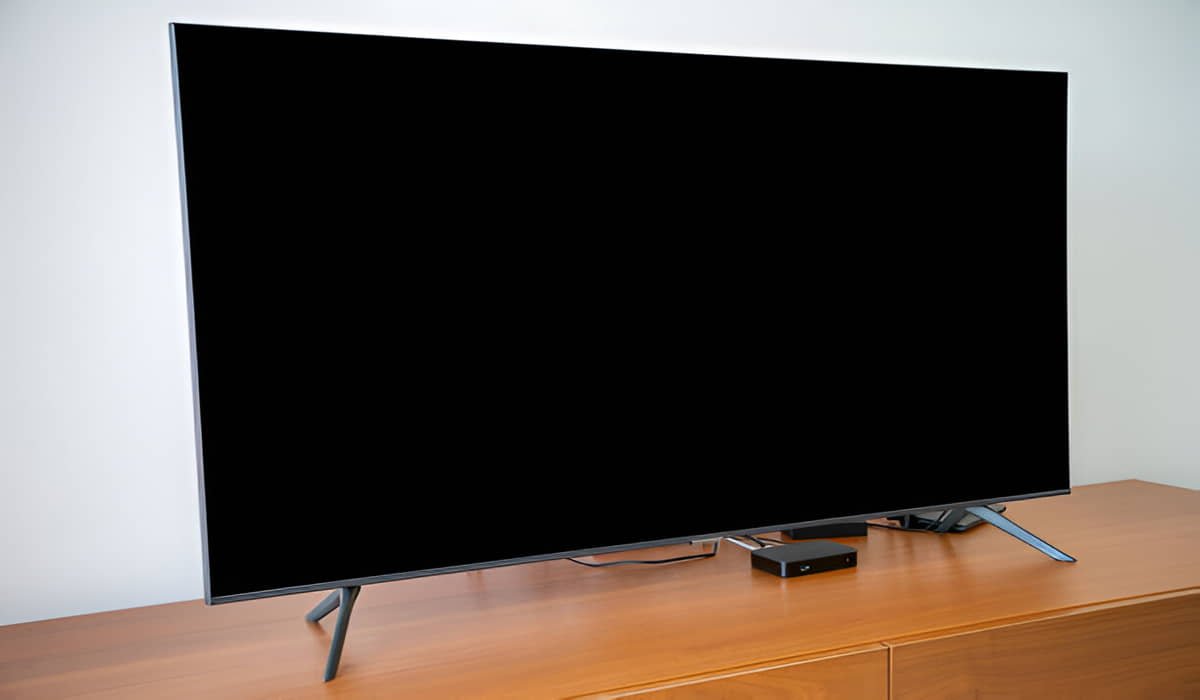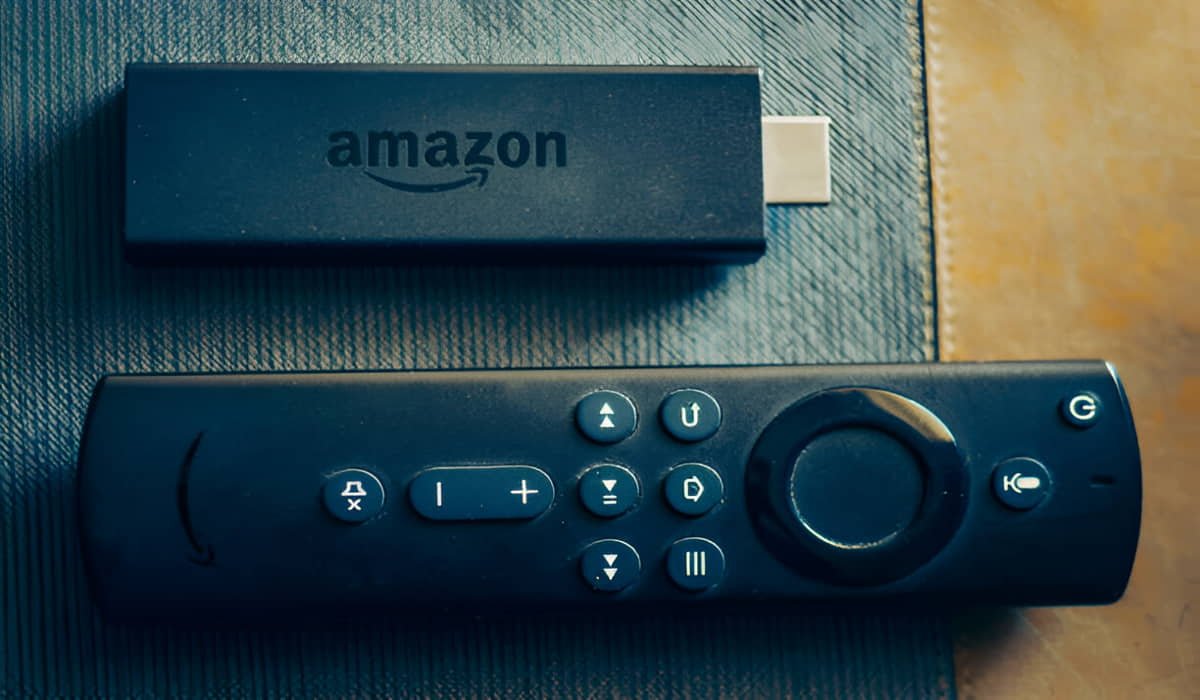How IPTV Servers Work in the UK – Short Guide
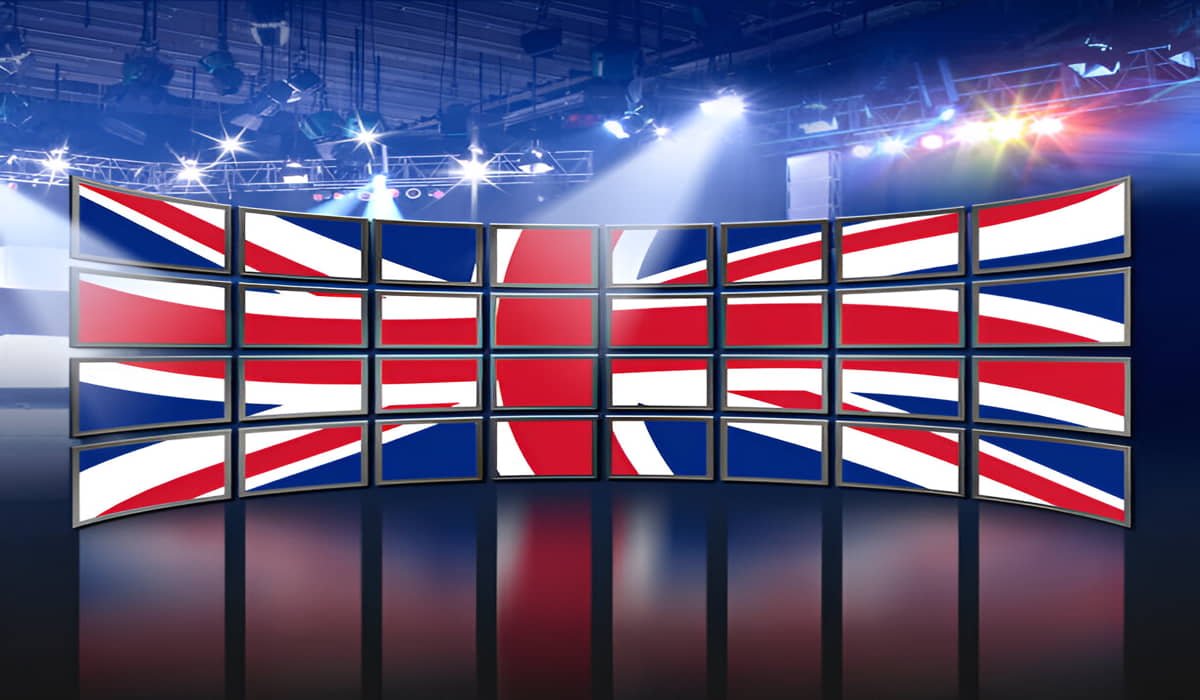
IPTV servers deliver TV shows and movies through your internet connection instead of cable or satellite. They store content on computers and stream it to your device when you click play.
IPTV stands for Internet Protocol Television. It’s just a fancy way of saying “TV through the internet.” Instead of getting channels through a cable box, everything comes through your WiFi.
The Basic Setup
Every IPTV system has three main parts. First, there’s the server, a powerful computer that stores all the TV shows and movies. Second, you need an internet connection to connect to that server. Third, you need a device to watch on, your phone, tablet, smart TV, or computer.
The server is like a giant digital library. It holds thousands of hours of content. When you want to watch something, your device asks the server to send it over. The server breaks the video into tiny pieces and sends them over the internet to your screen.
How Servers Store Content
These servers work like massive hard drives. They save TV shows in digital files, just like photos on your phone. Popular shows get stored in multiple copies so lots of people can watch at once.
The servers sit in data centers, big buildings full of computers with super-fast internet. These buildings have backup power and cooling systems to keep everything running 24/7.
Streaming Process Explained
When you click on a show, your device sends a request to the server. The server finds the right file and starts sending it back. But it doesn’t send the whole show at once, that would take too long.
Instead, it sends small chunks every few seconds. Your device plays these chunks in order while downloading the next ones. This is called buffering. It’s why you sometimes see a loading circle when your internet is slow.
Different Types of IPTV Services
Legal IPTV services work with TV networks and movie studios. They pay for the right to show content. Examples include BBC iPlayer, ITV Hub, and Netflix. These are completely legal and safe to use.
There are also unofficial services that don’t have proper licenses. Many IPTV UK providers fall into this gray area. They often offer hundreds of channels for low monthly fees. However, using these services can be risky.
Technical Requirements
You don’t need special equipment for most IPTV services. Any device with internet access can work: smart TVs, phones, tablets, or computers. Some services need specific apps, while others work through web browsers.
Your internet speed matters a lot. Standard definition video needs about 3 Mbps. High definition needs 5-8 Mbps. If multiple people in your house are streaming, you’ll need even faster speeds.
Server Locations Matter
Where the server sits affects your viewing experience. Servers close to you load faster with less buffering. Many IPTV providers use content delivery networks, systems of servers spread across different countries.
This means when you start watching, the system picks the closest server automatically. It’s like having multiple libraries, and you always get your book from the nearest one.
Quality Control Systems
Good IPTV servers have backup systems. If one server breaks down, another takes over instantly. They also monitor video quality and adjust based on your internet speed.
Some servers can detect when your connection gets slower. They automatically switch to lower quality video so you can keep watching without interruption.
Legal Considerations
In the UK, watching copyrighted content without permission is illegal. This includes many cheap IPTV services that offer premium channels. The penalties can include fines and even jail time for serious cases.
Legal services cost more because they pay licensing fees. But you get reliable streams, customer support, and no legal worries.
Security Aspects
Unofficial IPTV services can pose security risks. Some contain malware that steals personal information. Others might track your viewing habits and sell the data.
Legal services follow strict privacy rules. They protect your information and don’t share it with third parties without permission.
Future of IPTV Technology
IPTV technology keeps improving. New compression methods mean better video quality with less bandwidth. Cloud computing makes servers more reliable and faster.
5G networks will make mobile IPTV even better. You’ll be able to stream high-quality video anywhere with strong mobile coverage.
The bottom line is simple: IPTV servers are just computers that send TV shows over the internet. The legal ones work great and keep improving. Just make sure you’re using legitimate services to stay safe and legal.


